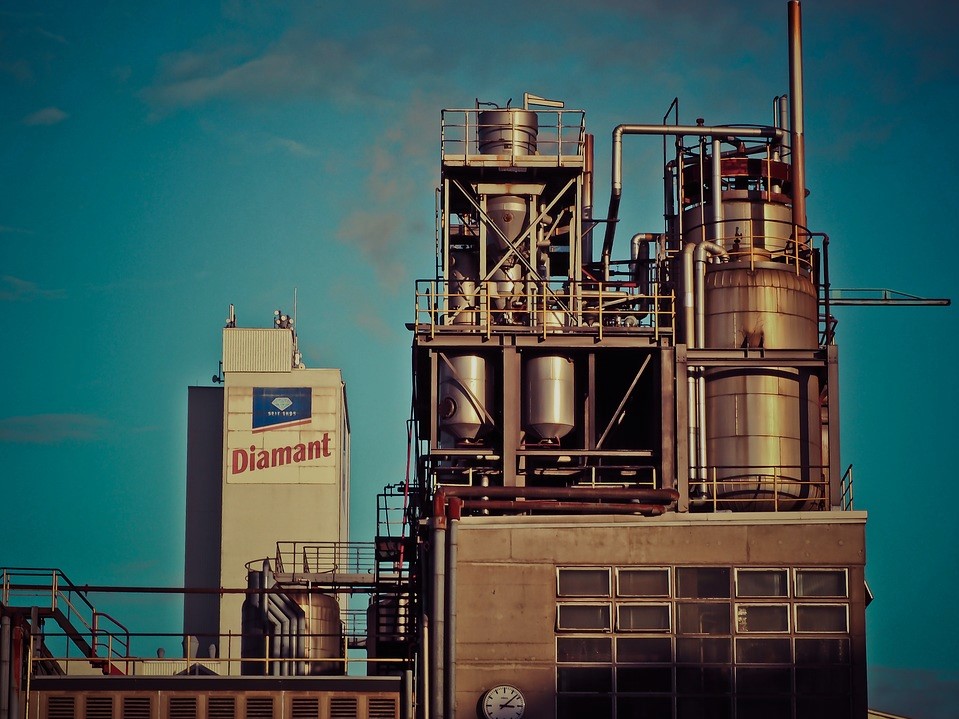How Food Production Can be Made Safer for Consumers and the Environment
Most European food production companies, fortunately, have strict regulatory requirements and specifications which make the foods safer and more eco-friendly. However, there is more that we can be doing than following the letter of the law. If food companies are interested in making a difference, here are a few ways to ensure their products are as eco and customer-friendly as possible.
Avoid toxic additives
Additives are added to food during production or preparation to improve the appetizing appearance and flavor of dishes, keep food edible for a longer time, and increase the shelf and storage life. Studies have found that more than 90% of the average American food budget is spent on over-processed foods, and more than 400 additives are used in various recipes.
There are three types of additives:
· Natural ones extracted from natural food sources.
· Synthesized copies of substances that occur naturally.
· Artificial ones which are chemically synthesized.
Although not all of the additives are dangerous and can be consumed with possible minimal risk, some chemically synthesized ones can be harmful in various ways and cause adverse reactions such as allergies, digestive disorders, respiratory issues, skin problems, hyperactivity in children, a significant reduction in one's IQ level, and other ailments.
Artificial sweeteners in sugar-free foods particularly have a harmful carcinogenic effect and can reduce intelligence, affect short term memory, and can also result in brain or kidney tumors, diabetes, depression, anxiety attacks, migraines, and other disorders. Monosodium Glutamate (MSG) is used in savory dishes, canned soups, frozen dinners, and salty snacks. The substance excitotoxin can lead to obesity, weight gain, headaches, fatigue, depression, and more. Trans fat is formed by hydrogenation and is added to increase shelf life but can also increase a bad cholesterol level. A general tip would be to read ingredient labels, cut back on additives, and replace processed foods with fresh ingredients that do not contain such additives.
Improve sanitation techniques
If you are in the food production business, you should be concerned about the quality of the products and the cleanliness of the production facility. A great step towards better sanitation in your production is to use a complete line of industrial 3A sanitary filtration products that include certified strainers, replacement parts, assemblies, and filters that are suitable for a wide range of capacities and applications such as those manufactured by SaniClean Strainers, a Newark Wire brand, and similar companies with their products.
You can also use food-quality conveyor belting that is designed to be sanitary, safe, and easy to thoroughly clean. The maintenance of proper sanitation and cleanliness on a food production line is critical as well. Setting up a schedule of cleaning times is important whether it is every few hours or at the beginning or ending of shifts. Finally, give employees sanitation training and update refreshers from time to time so they will be aware of food handling and sanitation practices.
Use eco-friendly food packaging
Also called green packaging, sustainable packaging, and environmentally-friendly packaging, it should be non-toxic, biodegradable meaning it will break down in a landfill, compostable, reusable, recyclable, sustainable, and manufactured from natural products or recycled products or through low-impact means.
Safely dispose of wastes
Be sure that the process you use for food waste disposal is consistent with your food safety management system such as Hazard Analysis Critical Control Point HACCP), Environmental Health team of the local authority, or to the Food Standards Agency that governs your area. Make sure that your waste is taken by an authorized collector and that it goes to a legitimate treatment disposal site.
Countries around the globe have realized that we must all act to reduce the impact of trash on our planet. When trash doesn’t compost or biodegrade, it has already become a long-term problem to find space for it, plus it is an eyesore and a logistical nightmare. Being part of the solution will help to save the planet and demonstrate corporate responsibility and values.



0 Comments
Recommended Comments
There are no comments to display.